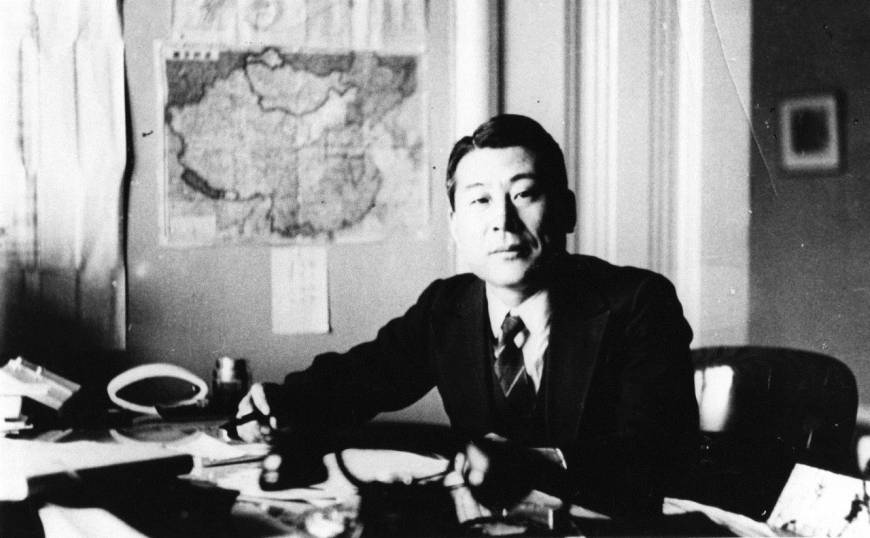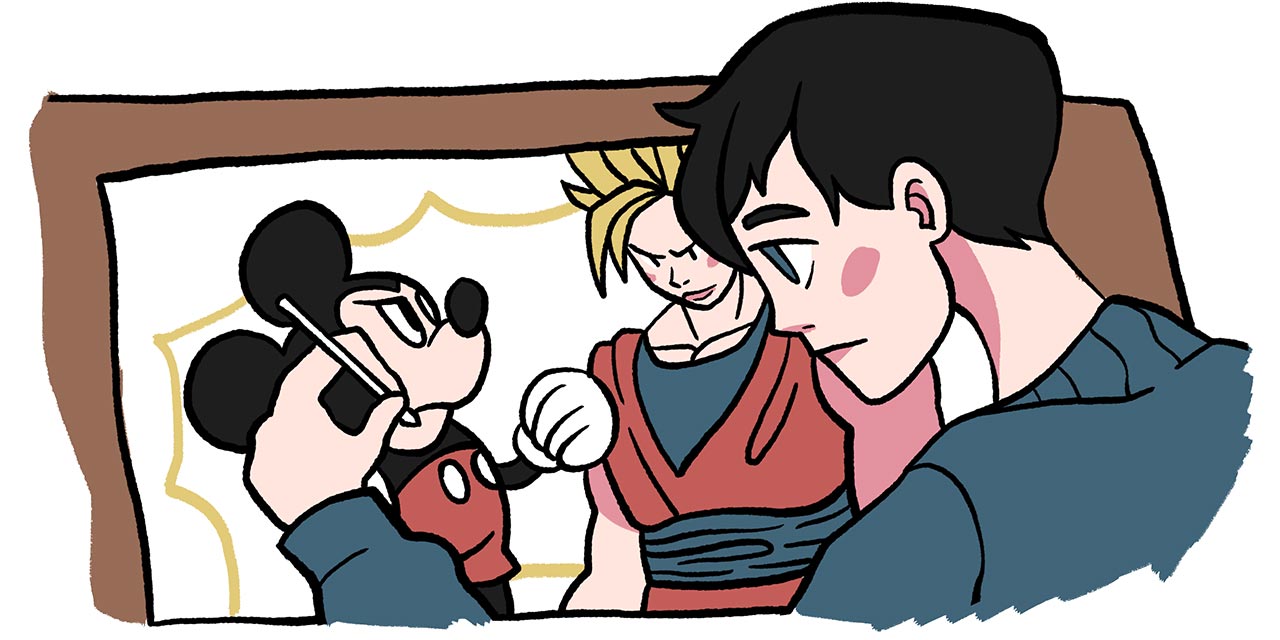
Chiune Sugihara saved thousands of people with his handwriting, but you don’t even know his name.
From a young age Sugihara displayed a strong will to follow what he felt was right. While his father wanted him to become a doctor and forced him to take the medical exam, he sat down and refused to write a single word on the exam. Later in life, when he was Vice Minister of the Foreign Affairs Department for Japan in Manchuria, he resigned based on his disagreement with the way the Chinese were being treated. He was determined to make sure that people were being treated as humans and would not work for any place in which he couldn’t help others.
In 1939, when World War II began, Sugihara was working at the consulate in Lithuania. He requested that his embassy allow him to issue visas to fleeing Jews. After receiving a message back saying that he can not issue any visas, he decided to do it on his own.
Everyday Sugihara wrote visas. He issued the same amount of visas in a day that would normally be issued in a month. He not only issued visas during the day, but brought the stationery home with him and wrote them there as well. His wife would massage his hands after longs days of writing. When the consulate closed, he brought the stationery and seal home and still issued more. He eventually gave the supplies to a refugee so he could continue to issue more.
While the handwriting was not calligraphy or some other form of artful writing, it served a greater purpose and in a way became his self expression. While it’s not the typical way in which artist express themselves, Sugihara was able to show how he felt while simultaneously doing something about it. Most of the time art simply brings an issue to light, but hardly does anything to truly fix it. Sugihara was able to help others with his art.
It is estimated that Sugihara was able to save around 6,000 Jews. The visas that he spent day and night issuing allowed Jews to travel through Japan to other locations, with many families traveling using one single visa.
Sugihara was a criminal, but he saved lives. Should he be punished for doing something illegal even though he saved more than he destroyed? Why would we call him a criminal? He felt his ethical obligation to these people was more important than his obligation to obey the law, and I agree. What do you think?




